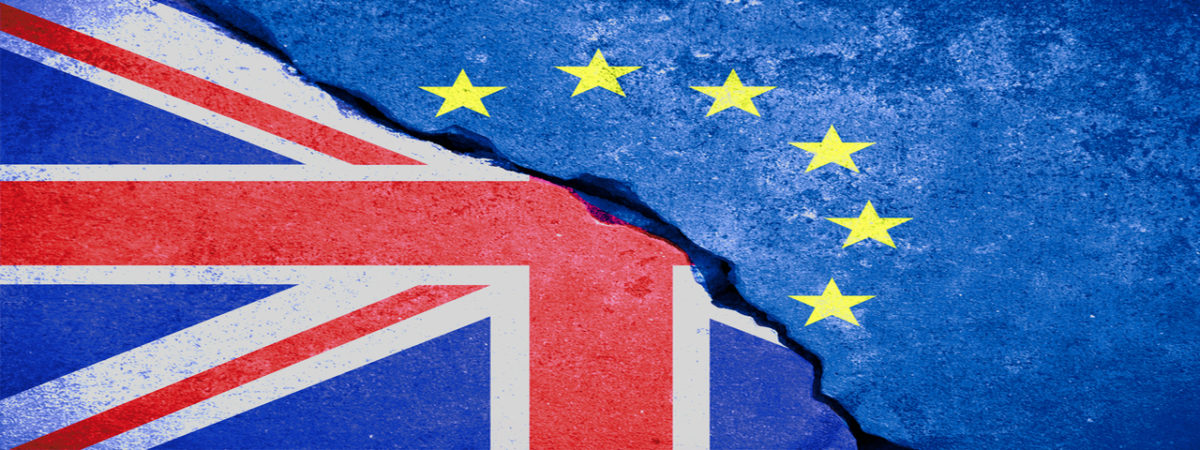Give train operators flexibility in fare pricing to remove burden on taxpayer
SUGGESTED

Pensioner bonds are nothing more than a political gimmick

Four different options for the UK in the event of a vote to leave the EU

The liberalisation of rail fares would benefit passengers and taxpayers alike
In Fair Deal for the Taxpayer: Why rail fares should be liberalised, Dr Richard Wellings calls for price controls on rail fares to be phased out, allowing train operating companies the freedom to offer far more flexibility in pricing in order to make better use of spare capacity on trains.
By rejecting plans to introduce ‘super-peak’ fares on political rather than economic grounds, politicians have missed an opportunity to solve congestion problems. Such a policy would help ease pressure on commuter routes.
Problems with fare regulation:
– The harmful effects of fare regulation have been made worse by the pegging of rail fares to the Retail Prices Index. If rail industry costs rise at a faster rate than inflation, the taxpayer is left to make up the difference.
– The existence of price controls has artificially pushed up demand for certain services, fuelling political pressure for large scale infrastructure projects that are costly to the taxpayer.
The case for liberalising rail fares:
– Capacity: The removal of price controls would reduce overcrowding, as train companies would have more freedom to offer passengers a better deal if they chose to travel at less popular times. Currently, rail users on long distance services wait until just after peak time ends, in order to take advantage of the immediate drop in price. A similar problem exists on commuter lines, with severe congestion occurring during the peak hour as passengers pay the same regardless of the time they travel.
– Contestability: Rail passengers are not at risk of being exploited by train companies. Contrary to popular belief, healthy competition exists in the transport sector as well as between rail firms. Passengers wanting to travel between London and Birmingham for example, have the choice of three train service providers as well as express coaches. Advancements in communication technology, such as Skype and tablets, have also increased the options available.
– Vested interests: Rail companies benefit considerably from the distortions caused by fare regulation. There are often significant financial gains from further state funded infrastructure projects.
– Burden on the taxpayer: The cost to the taxpayer of propping up the rail network is around £6 billion a year, accounting for 40 per cent of all spending by the rail industry. Giving firms greater flexibility over prices could make improvements to the rail network commercially viable, reducing the industry’s dependence on government support and lowering the cost to the taxpayer.
Commenting on the report, Dr Richard Wellings, Head of Transport at the Institute of Economic Affairs, said:
“Rail passengers and taxpayers continue to be left out of pocket thanks to the continual intervention of politicians in the sector. Far from protecting rail users, price controls have distorted demand, leading to intense overcrowding on certain routes whilst other services are left underused.
“Rather than proposing expensive infrastructure projects, which are extremely costly to the taxpayer, politicians should simply give train companies the freedom to set prices so that demand for rail travel can be spread more evenly.”
Notes to editors:
To arrange an interview (live or pre-recorded) with an IEA spokesperson, please contact Camilla Goodwin, Communications Officer at cgoodwin@iea.org.uk or call on 0207 799 8920/ 07821 971 443, or Stephanie Lis, Head of Communications at slis@iea.org.uk or call on 0207 799 8909/ 07766 221 268.
Fair Deal for the Taxpayer: Why rail fares should be liberalised, by Richard Wellings, can be downloaded here.
The mission of the Institute of Economic Affairs is to improve understanding of the fundamental institutions of a free society by analysing and expounding the role of markets in solving economic and social problems.
The IEA is a registered educational charity and independent of all political parties.



